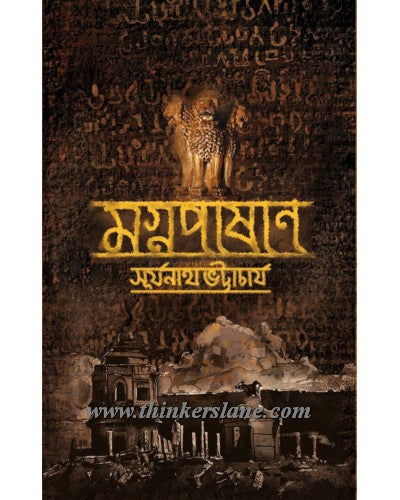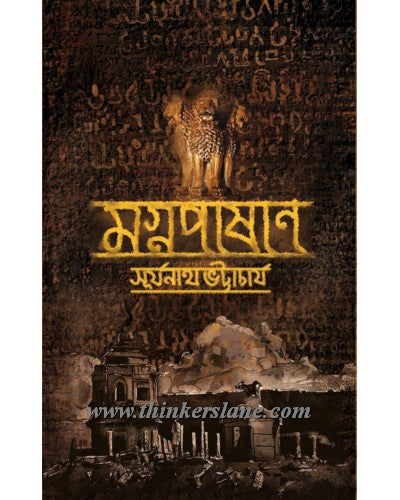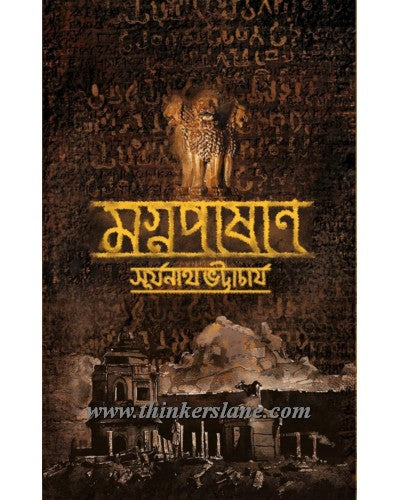Magnapashan (Bengali Version)
Magnapashan (Bengali Version) is backordered and will ship as soon as it is back in stock.
Couldn't load pickup availability
Genuine Products Guarantee
Genuine Products Guarantee
We guarantee 100% genuine products, and if proven otherwise, we will compensate you with 10 times the product's cost.
Delivery and Shipping
Delivery and Shipping
Products are generally ready for dispatch within 1 day and typically reach you in 3 to 5 days.
Book Title: Magnapashan
Author: Surjanath Bhattyachaya
Publisher: Suprokash
Binding: Hardcover
Book Summary:
Two hundred seventy years before the birth of Christ, Ashoka, the son of Bindusara, was crowned as the king of Magadha. With the aim of establishing a religious kingdom, the Mauryan Emperor Ashoka’s story of transformation into a "Beloved of the Gods" is a remarkable narrative etched in the pages of history. However, this is a separate subject.
Ashoka was the son of an unknown queen of Bindusara, with no royal lineage from his mother’s side. He could not naturally inherit his father’s throne. The rightful heir to the throne, according to all traditions, was supposed to be Susima, the son of Bindusara’s senior queen.
Yet, four years later, Ashoka was crowned emperor. How the younger prince overcame his elder brother Susima to sit on the throne remains a mystery, lost in the darkness of history. Historians believe the cause could have been fratricidal conflict, a battle for the throne that raged for four years, filled with bloodshed among brothers.
In Buddhist texts, there are hints of the emperor’s role in the killing of family members. It is also mentioned in other scriptures that Ashoka’s hands were stained with the blood of many brothers. To gain power, Ashoka resorted to unauthorized methods and violence.
Yet, the inscriptions carved on stones remain untouched by time. These inscriptions, surviving through millennia of seasons, have conveyed an unvarnished message from the distant past, revealing an emperor who transformed from a warrior into a beacon of peace.





